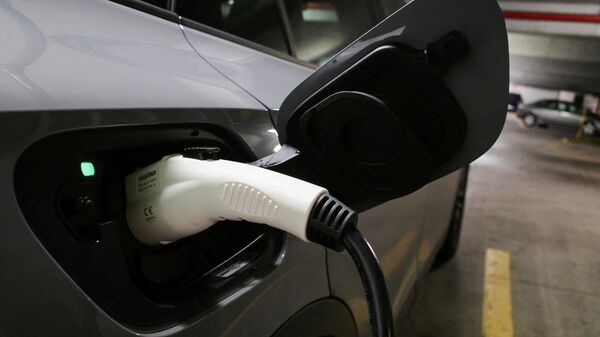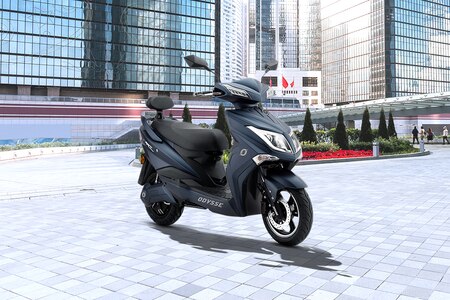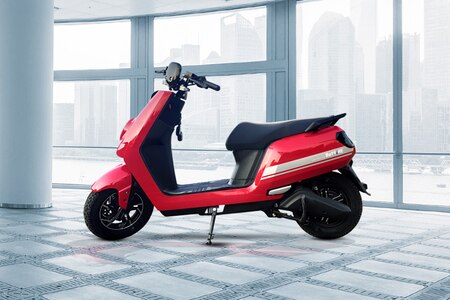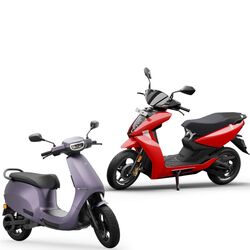India to witness surge in EV sales while global demand falls. Here’s why


Electric vehicles (EVs), once the hot topic in the automotive industry, are facing a slowdown in sales growth in 2024, prompting a reevaluation of strategies among manufacturers. The pace of EV sales is expected to decrease this year, with a forecasted growth rate of 27.1 per cent in the global electric-vehicle market, according to a report by Canalys.
A recent Goldman Sachs research report on electric vehicles indicates that the EV market is at a turning point, with hybrids and plug-in hybrids now providing stiff competition. Europe, a key driver of EV growth, has shown signs of stagnation since the beginning of 2024.
Also check these Vehicles
The slowdown in EV sales can be attributed to several factors, including concerns about EV capital costs due to lower prices of used EVs, poor visibility on government policies, and a shortage of rapid charging stations. These factors are influencing consumer preferences towards Hybrid EVs and plug-in hybrid EVs.
Despite the current slowdown, the bear-case scenario still calls for a 21% year-on-year increase in EV sales volume in 2024. However, if negative growth occurs, it could result in oversupply across the EV supply chain.
The Goldman Sachs report suggests that EVs are nearing a turning point in terms of economic viability. Governments worldwide are reducing subsidies that have lowered initial investments, while aggressive pricing strategies by Chinese makers and fuel savings are also contributing factors.
However, concerns about the decline in used EV prices and battery innovation remain.
Also Read : Hybrids or EV?: A major dilemma amongst global automotive players
The decline in recent battery prices has been influenced not only by technological advancements but also by oversupply in China's EV supply chain. As EV penetration accelerates, issues with rapid fast charging station infrastructure are becoming more pronounced, particularly for automakers like Nissan and Mitsubishi Motors, where concerns about driving range and charging infrastructure are increasing, especially in rural areas.
Electrifying growth for India
In contrast to the global decline in electric vehicle (EV) sales, India is experiencing an upward trend, especially in the registration of electric 2-wheelers. Data from the government's Vahan portal dashboard shows a consistent increase in EV registrations, with a notable uptrend in January 2024 at 1,44,877 vehicles, a slight decline in February to 1,41,382, and a significant 32 per cent increase by the end of March to 1,86,143 vehicles.
This trend in India aligns with a Goldman Sachs report suggesting that global hybrid electric vehicle (HEV) sales could surpass expectations by 1-2 million vehicles. Automaker Toyota has also confirmed that HEV margins are higher than those for gasoline engine cars, highlighting the economic advantages of HEVs, including higher margins, relatively lower capital costs, and strong confidence in used car prices.
The report indicates that the additional cost of an HEV is offset by savings on fuel and the higher resale value of used HEVs. However, it also notes that if EV costs continue to decrease and become more competitive by 2030, the advantages of EVs may once again become the focal point.








 64.8 kWh
64.8 kWh 418 Km
418 Km


















